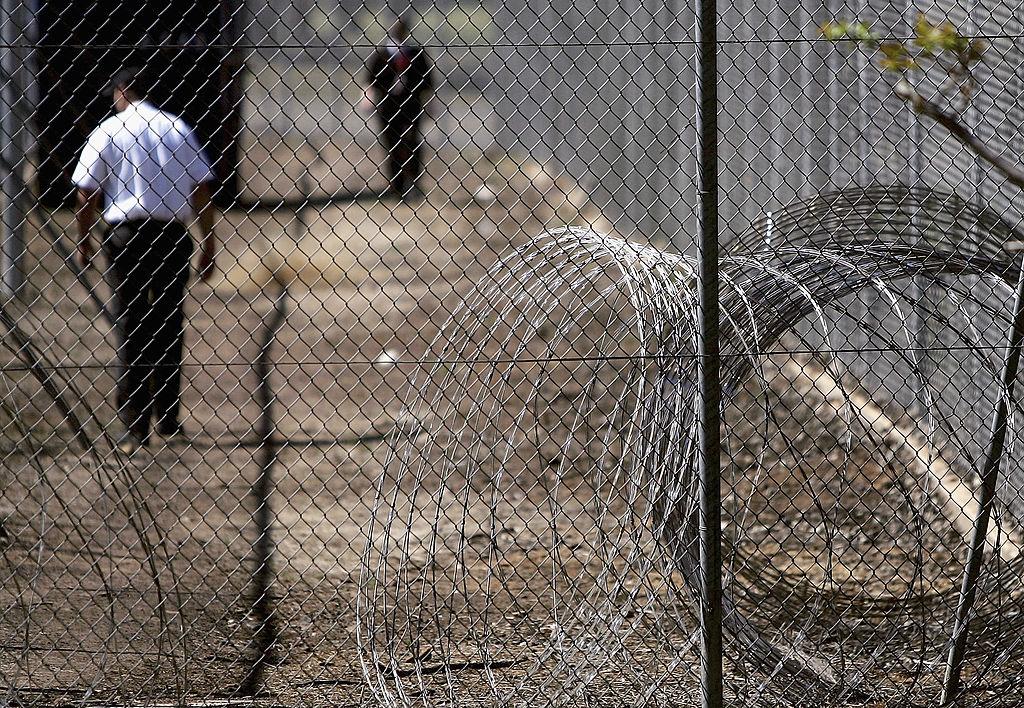All Australian state Attorney-Generals have agreed to support the development of a proposal raising the minimum criminal age of responsibility from 10 to 12-years on Friday.
Australia’s two territories have also committed to raising the age to 12 and will work on reforms, including adequate diversion programs and services.





